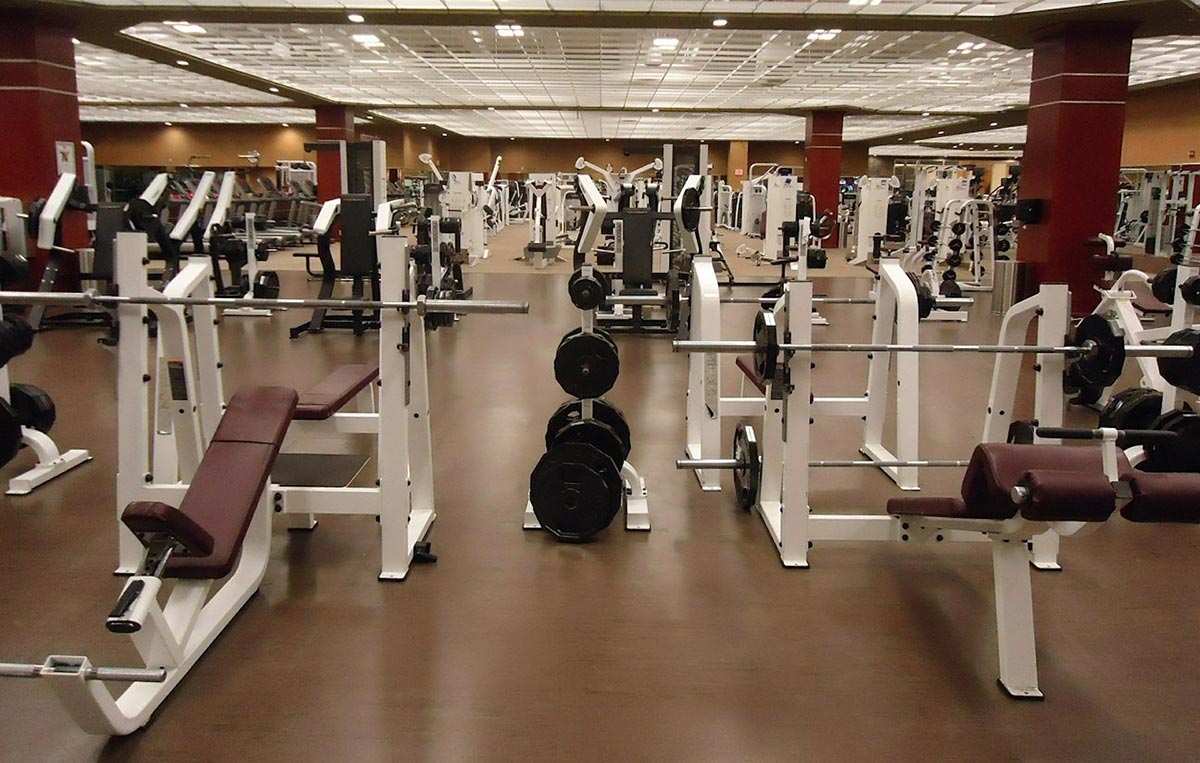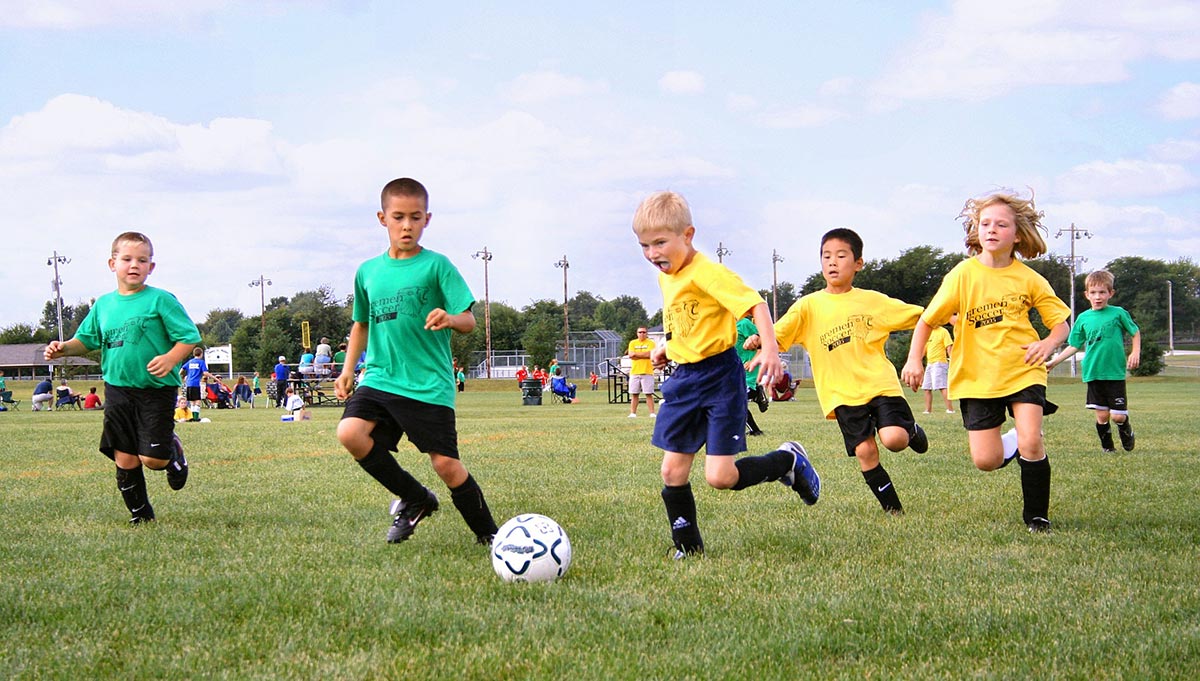Welcome to the Age of Informed Iron
It’s 2025, and muscle-building is no longer just a game of protein shakes and grunting aggressively in public gyms. In an era of hormone chaos, circadian sabotage, and TikTok fitness cults, building muscle the smart way requires more than just brute force. It calls for strategic biological awareness. Yes, your biceps are important—but so is your cortisol level. Because no one wants to look jacked on the outside and feel like microwaved spaghetti on the inside.
Testosterone: Not Just a Buzzword
Let's talk about the most misunderstood molecule in the fitness world: testosterone. It’s not just the stuff of gym folklore or late-night supplement ads—it’s a key player in protein synthesis, energy regulation, and mood stability. But abusing it (looking at you, mystery injection guy in the locker room) can throw your endocrine system into chaos. In 2024, a landmark study by the Endocrine Society showed that 43% of athletes using synthetic testosterone experienced long-term suppression of natural hormone production. Translation?
You may gain now and pay later—in mood swings, infertility, and metabolic hell. The good news? You can naturally optimize your T-levels without turning your body into a pharmaceutical testing ground.
Sleep: Your Anabolic Superpower
Before you buy another overpriced pre-workout with a name that sounds like a Marvel villain, check your sleep. Human Growth Hormone (HGH), the silent partner of muscle gain, is released in the deepest stages of sleep. Skip those, and your recovery flatlines. A 2025 meta-analysis published in the Journal of Clinical Sleep Medicine found that people getting under 6 hours of sleep per night had 45% slower muscle recovery and significantly higher cortisol levels. No, sleep isn’t for the weak—it’s for the shredded. Want to grow? Power down, black out the room, and let your mitochondria party in peace. See: Human Growth Factor (HGF)
Food: Fuel or Fire?
Contrary to popular gym lore, you can’t out-train a diet of convenience store burritos and liquid sugar. Nutrient timing and micronutrient density are your friends. Magnesium, zinc, vitamin D, and omega-3s all play massive roles in hormone regulation and recovery. In fact, a 2025 nutrition review from the International Journal of Sports Nutrition reported that athletes with magnesium deficiencies had significantly lower free testosterone levels and slower muscle protein synthesis. Pro tip: real food still works. Eat things that spoil. If it doesn’t rot, it probably shouldn’t be your main post-workout meal.
Train Smart or Stay Small
Gone are the days when screaming through 12 sets of curls earned you credibility. The modern athlete understands periodization, rest intervals, and neuromuscular fatigue. A 2024 study in the Journal of Strength and Conditioning Research confirmed that progressive overload combined with proper deloading phases yielded 30% greater hypertrophy gains over a 12-week cycle compared to traditional \"go hard or go home\" approaches. Overtraining isn’t tough—it’s dumb. Your muscles grow when you rest, not when you're punishing yourself into oblivion. Train with science, not with ego.
Stress: The Invisible Muscle Killer
Cortisol doesn’t care about your bench PR. Chronic stress—whether emotional, physical, or that existential dread from reading the news—triggers catabolic processes that literally eat away at your muscle tissue. In 2024, researchers at the University of Copenhagen linked elevated cortisol with reduced lean body mass in resistance-trained athletes. Meditation, breath work, cold exposure, or even 15 minutes in nature can drop your stress markers like a dumbbell on a marble floor. Manage stress like it’s part of your training. Because it is.
Supplements: Not Magic, Just Math
Yes, some supplements work—but they’re tools, not miracles. Creatine monohydrate? Still king, still safe. Ashwagandha? Surprisingly effective for lowering cortisol and slightly boosting testosterone. Tongkat ali? Promising, but only in certain doses and individuals. A 2025 double-blind study at McGill University showed a 12% testosterone increase in healthy males using a standardized tongkat ali extract over 8 weeks—with no adverse effects. But remember: supplements are the 5%, not the foundation. If your diet sucks and your sleep is garbage, no pill will save you. Fix your basics first.
The Real Flex: Long-Term Health
In a world obsessed with six-packs and shallow metrics, being the guy who lifts smart, eats clean, and feels good at 50 is the ultimate power move. Muscles are great. Hormonal balance is better. It’s time we redefine strength—not just by how much we lift, but by how well we live. You’re not just building a body. You’re building resilience, autonomy, and the biological equivalent of bulletproof confidence. And honestly? That’s sexier than any deadlift PR.











